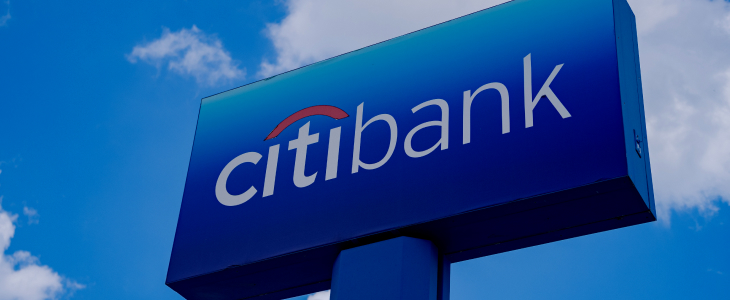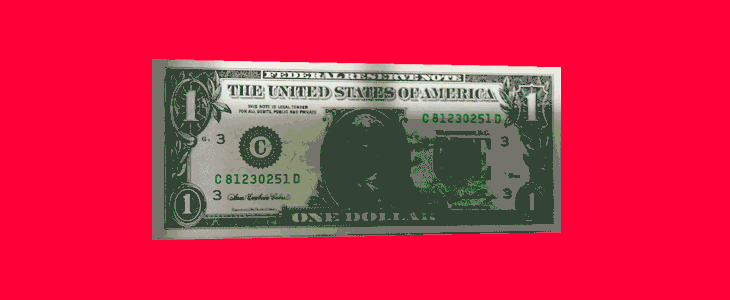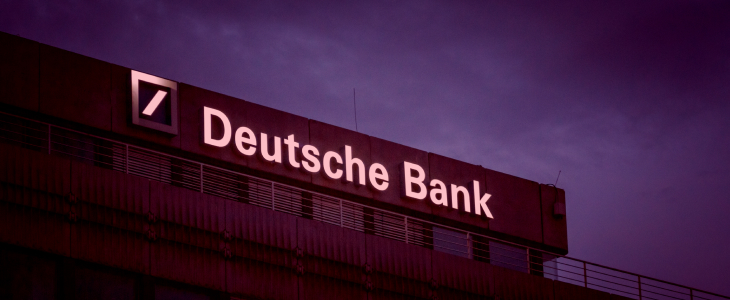One question often asked in the financial world is: Do banks trade in forex? The short answer is yes. Banks are one of the biggest players in the forex market, trading for profit, risk management, and client service.
From Citibank to Deutsche Bank, these influence currency exchange rates daily. But how do they do it, and what strategies do they use? Stick around to learn more about how banks navigate the forex world.
Do Banks Trade Forex?
Banks are among the largest market players in the forex market, contributing substantially to daily trades. Whenever one hears about movements in the world’s economy and fluctuations in currency values, one can bet that it is not until the banks are playing a critical role on the floor.
Banks carry out forex trading for a variety of reasons:
1. Currency Hedging: Banks must control the floating currencies as they are involved in cross-border trading. The hedge helps them overcome the gains.
2. Speculation: Similar to retail traders, even banks speculate in the foreign exchange market for an advance in currency price fluctuations in the short run. They use techniques and
devices like MetaTrader 4, one of the most popular trading systems worldwide.
3. Client Services: Banks provide forex trading services to various customers, from individuals to multinational corporations. They act on behalf of clients to offer competitive rates and help manage the risks involved in foreign exchange.

Which Bank Is The Best For Forex Trading?
Not all banks are equal when it comes to forex trading. While some of them take on better services, others take the top spot based on their volumes and market-making capacity. In case you’re looking for the best banks to satisfy your forex needs, here are some of the top names:
1. Citibank: Among the biggest players in the forex market, Citibank extends its forex service base. It is a very dependable place for gaining liquidity and making high-value transactions.
2. Deutsche Bank: The bank possesses the most powerful forex trading desk and is always included in the list of the highest-volume generating institutions in forex trading.
3. JPMorgan Chase: JPMorgan is another giant in the forex market. It also performs well at both the institutional and retail levels of forex trading.
What Trading Strategy Do Banks Use?
Banks do not trade forex like any other retail trader. Their techniques are much more advanced and leverage their size, access to liquidity, and a better toolset for analyzing data.
1. Scalping
Banks rely heavily on high-frequency trading strategies like scalping to make the slightest price movements. Given that they can get the best possible pricing because of their humongous transaction volumes, banks can capture even the slightest changes in currency price.
2. Arbitrage
Arbitrage is yet another strategy that banks use. Arbitrages capitalize on a price gap between markets or trading platforms. Now, with the CFD trading platforms and spot markets showing some currency rate differences, banks buy from one market and sell in the other to make a profit.
3. Carry Trades
Banks often engage in carry trades. This strategy involves borrowing money from a country with low interest rates and investing it in a country with higher interest rates. Due to the huge differential in interest rates, the profits will show up over time.
4. Market Making
Banks typically also operate as market makers in the Forex market. This means they can continuously buy and sell quotes to add liquidity to the market. To facilitate this kind of liquidity, they earn a spread over each transaction, which can be sizable in the long run.
Do Banks Trade Forex Every Day?
Yes. Banks trade forex every day, and the markets are open. The foreign exchange market is operational 24 hours a day, five days a week.
Banks operate within different time zones to make this work around the clock, but this doesn’t deter the nonstop trading environment from allowing banks to react in time to worldwide happenings that are influencing economies and catching market movements in real-time.
Banks have trading desks around the globe, so no matter when you trade, there is always a session between London and New York, Tokyo, and Sydney.

How Do I Avoid Forex Charges?
Forex charges, including fees and spreads, can add up very quickly. No matter which bank or trading platform you use, here are some tips that can help to minimize such costs:
1. Use a Forex Broker with Tight Spreads: There are platforms, for instance, FXCess, which provide competitive spreads, saving the trading cost per unit. This can even be cheaper than banks that charge one hundred dollars or more in transaction fees in executing various smaller trades. This compares with the cost of using brokers like FXCess, which may offer a better option for retail traders.
2. Avoid Weekend Trading: Most brokers and banks charge higher spreads or fees during the weekend as liquidity is relatively lower. To save costs, you should avoid trading mainly over the weekends.
3. Avoid Multiple Currency Conversion: For those who are into international transactions, you can avoid unnecessary currency conversion by maintaining multiple accounts in different currencies. This would save you from double conversion fees.
Conclusion
Hence, banks trade in currencies; however, they do this on an immense scale, altering the market. From hedging to speculation, every bank used its immense funds and developed trading systems to garner profit and exercise risk management. Be it a question of avoiding forex charges or making sense of the strategies the banks use; this knowledge will power you as a trader.
So, if you are interested in trading in forex, perfect tools are available on FXCess-type platforms, such as MetaTrader 4, with very tight spreads from which you can utilize it to trade with advanced features.
FAQs:
1. Do banks trade forex for profit?
Yes. Banks hedge, speculate and serve as brokers to their clients by trading in forex to earn profits.
2. How do banks trade forex?
Banks execute their forex trades using advanced algorithms, high-frequency trading strategies, and market-making techniques.
3. Can anybody trade forex just like banks?
Retail traders cannot replicate bank capitalization however, they can trade the forex in the same markets as banks do, using FXCess and MetaTrader 4 software.
4. Is trading forex dangerous?
Risk exists with any type of investment, and currency trading is no different. Still, with proper strategies and instruments like Trading de CFD or low-cost brokers, one can significantly lower those risks.
5. Which is the biggest bank forex trader?
Some of the biggest players in the forex market are Deutsche Bank and Citibank.
Disclaimer:
This information is not considered as investment advice or an investment recommendation, but instead a marketing communication. FXCess is not responsible for any data or information provided by third parties referenced, or hyperlinked, in this communication
